- Homepage
- Our green garden
- Lets Talk About Hunger
Let's talk about hunger
Let's talk about hunger relates to ensuring your future food-supplies from your own garden. It also means you will have the kinds of meals that satiate; and never have to worry about your waistline.
It’s not news that South Africans are hungry; and it is getting worse. The Covid social-relief grant ends soon and that is going to mean extreme hardship.
Hungry people are restless and history is littered with examples of governments that have fallen after massive internal civil disturbances. The writing is clearly on the wall.
"The United Nations tallies up that around 235 million people worldwide needed humanitarian aid last year; and that this number is predicted to rise to 274 M by the end of 2022. Globally that’s one in 28 people. Hunger is rampant and spreading."
- Green Times
There have been many warning signs. It was only a few years ago that Dr Tshepo Motsepe, wife of President Ramaphosa in an anguished lecture spoke to the fact that over a quarter of South-African children aged five were permanently stunted; physically or mentally and usually both.
Permanently so no amount of excellent nutrition later can then undo the damage that has been done in their early formative-years. The repercussions for the workforce are massive; our people are no longer strong and many are mentally retarded. That makes them prone to chronic diseases.
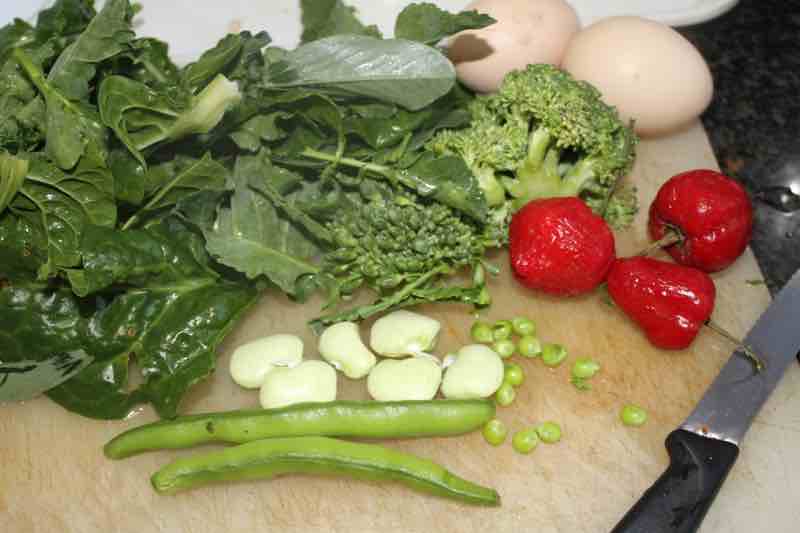
That is in stark contrast to Our Green Home, an ordinary suburban garden from which we enjoy a mealie a day through the summer for at least four months if the vervets let up; they too are hungry. We are currently reaping 150 butternut and have legumes year-round. Plentiful crucifers and fresh fruit are seasonal; currently cherry guavas and gooseberries.
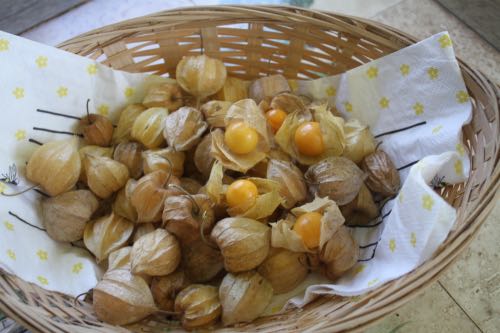
Peppadews, lima and broad-beans add spice and protein to our food; the winter peas have just started.
Adding to that fresh-eggs and the odd young rooster, we can honestly say that our cup is full and our table overflows.
"Five million children died before their fifth birthday in 2022."
- UNICEF
Add to that the best bread in the world, I’m not exaggerating at R6 per loaf and fresh-honey from the bees; we are truly satiated and greatly blessed. Our only purchases from the supermarkets are mainly dairy, olive oil and a little meat. We also enjoy bought dried chickpeas, a few seeds and spices to make very inexpensive hummus that has become a staple too.
Extreme hunger just over the hill and the loss of well-being that goes with it are in stark contrast with the extreme abundance from Our Green Home. The chief cost is the sweat off our brows; not rands and cents.
It has not taken a huge amount of money to supply this lavish table; it has in the main been simply hard work most days as we dig, plant and water. God gives the growth.
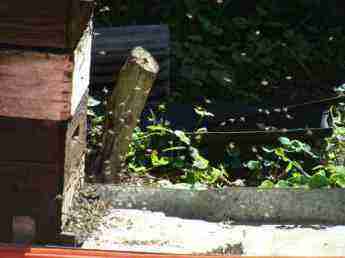 The workforce going out to raid the neighbours' flowers
The workforce going out to raid the neighbours' flowersLike Rome our green home was not built in a day. It all started with learning about composting, planting a few rows of beans and lettuces; we collect the seed.
Then a few beehives were added and the astonishing discovery that just one colony could produce 70 bottles of honey in a good year; that soon paid for an electric-extractor and more boxes. We now have a nice little income on the side.
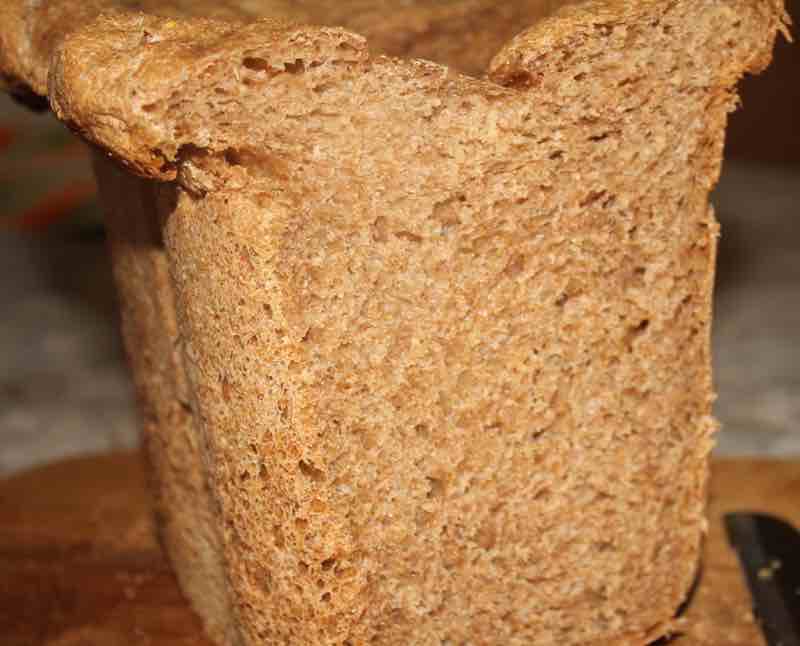
“Hunger is not a natural phenomenon. It is a man-made tragedy. People do not starve because there is not enough food to eat. They are famished because the system which delivers it from the fields to our plates is broken.”
- Desmond Tutu, Nobel Peace Prize winner
A chance meeting with a wheat farmer was a game-changer. We were introduced to "real" bread, made with 100% flour; all the nutrients are intact.
Here
there were some real costs involved; a mill and a bread-machine, today retailing around R10,000. They have both been paid off many times over.
The Tetra Pak Index in its 13th edition has seen in just one year a ten percentage point leap in global concern about food safety and future supplies; from 30% in 2019 to 40 percent.
- Green Times
Seeing how the Dutch harvest and store the rain in underground reservoirs in the garden led to another relatively inexpensive project[2]. Now we have ample pristine water for the home and vegetables year-round. It matters not a jot how corrupt the uMngeni Board is, or isn’t; or how many leaking pipes and broken pumps they have.
There are huge concerns today amongst scientists about toxic chemicals in water supplies from utilities; they cause serious conditions like the neurodegenerative diseases.
Alongside all of this was a growing disgust of modern commercial foods. Cake-flour, maizemeal and store bread are long gone; sugary treats and colas too, with very occasional indulgences. Highly processed Cornflakes and All Bran for breakfast are history. These are a pale shadow of real nosh.
Few things make me more angry than do-gooders handing out parcels of food of very limited nutritional value.
"Fill full the mouth of Famine,
and bid the sickness (stunting) cease."
- Rudyard Kipling
My Zulu friend tells me that fewer people are working and there are ever less buses. Not generally a negative person, I fear for the future. A recession at least, and perhaps even another Great Depression lurks just around the corner; that means hunger and serious unrest.
We cannot look to government for a solution;
they are preoccupied with other matters of lesser import. I believe it’s
time now for all South Africans wherever we are to start digging out
the lawn, planting seeds and growing real-food. In the winter it will
mean carrying buckets from the shower to water the peas and broad
beans; and the lettuce, carrots and kale too.
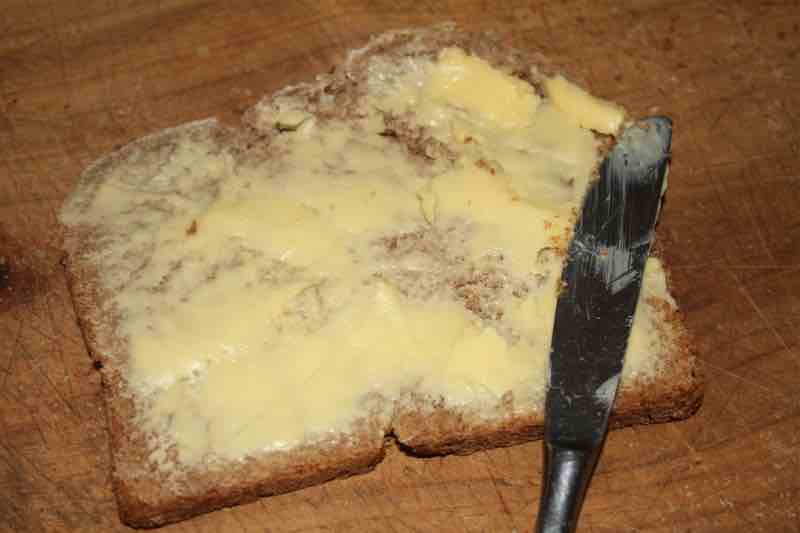
Turning off the TV and spending are less hours on social media is a major part of the deal; is it not time to start living instead of watching the celebs enjoying life? I sense that the hour-glass is running out and hardship lurks just around the corner for most South Africans; and it will be severe for many.
One massive benefit for those choosing this alternative lifestyle is that visits to doctors and the pharmacy become increasingly few and far between. There’s strong science confirming that the majority of our diseases are related to how much we exercise and the food we eat; and of course smoking.
Another is that this lifestyle is supremely satisfying; we are happy. Growing your own food is one version of what is known as forest bathing.
We are very happy. You could be too.
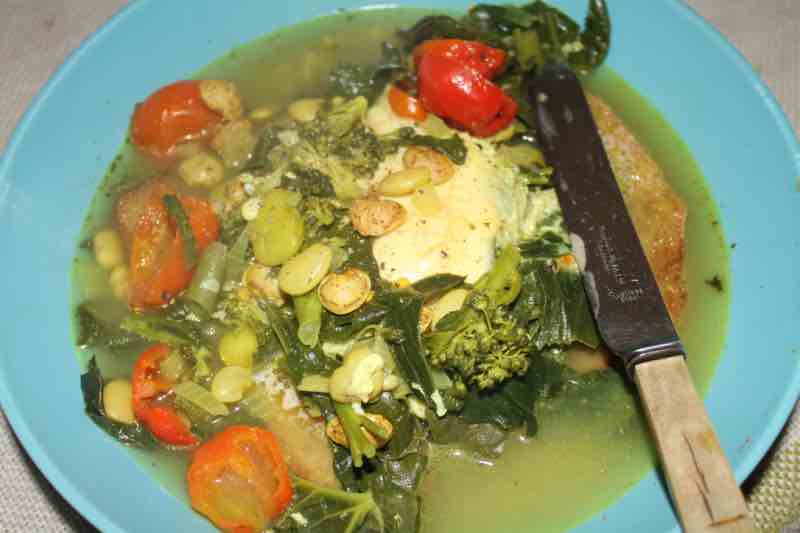
Putting it all together makes for an extremely satisfying meal; it may look like a dog's breakfast but I promise you that both the flavour and the nutrition are out of this world.
Legumes and 100% whole-grains provide what is known as the "subsequent meal effect." They satiate so that for the rest of the day your blood sugar is normalised and you don't constantly feel hungry.
"Household hunger has increased across 10 years of the survey. More than one in ten households in South Africa experiences severe food insecurity, poor access to meals and insufficient spending on nutritious nosh."
Gauteng City Region Observatory (2024)
Add to that an egg and some healthy fat and your day is made; no more constantly feeling famished and wanting to reach for a cola and a snack. Foods like this are the only sensible solution to obesity; as we all know only too well, diets simply don't work.
Ketogenic diets have some merit but even there I have serious doubts about the large amounts of meat and animal fat being advocated; and the ban on legumes and whole grains.
The modified Banting diet[3] does tick most of the right boxes; an effective but sensible way to lose a significant amount of weight.
The only meal plan that I could ever come close to recommending is the longevity diet. It has much merit being designed by scientists who have come to grips with what keeps humans healthy; and that which makes them sick.
A total of 295 million people endured acute hunger in 2024; the sixth consecutive annual increase.
The number of people facing famine reached 1.9 million, more than double from the previous year.
- UN Global Report
Let's talk about hunger
Let's talk about hunger concerns growing your own vegetables and even keeping your own hens for both eggs and meat. Just what does one do with those darling chicks when they grow up to be noisy roosters?
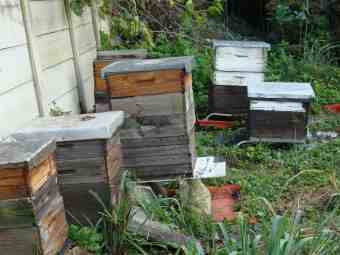
Community is at the heart of hunger
In a country where 10-million folk go hungry every day, great starts are being made by communities[1].
"Fewer than 20% of South African households produce any of their own food."
- Stats SA
In contrast on the half acre that we actively garden, we produce over R100,000 of food per annum. Much is given away and a small amount is sold at Reko Hilton.
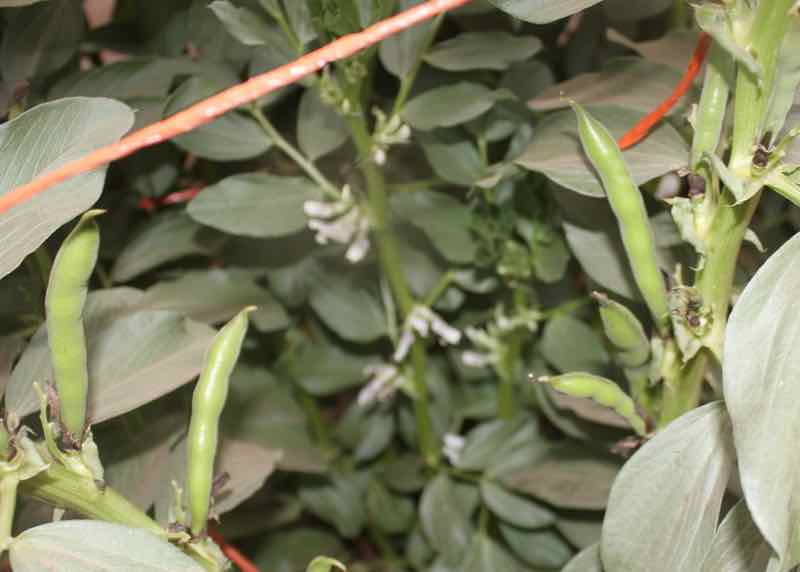
Having reaped for months below is the final harvest from just two plants; enough to fill full the mouth of famine. Freezing broad beans is our current challenge so that we will have sufficient protein for a whole year.
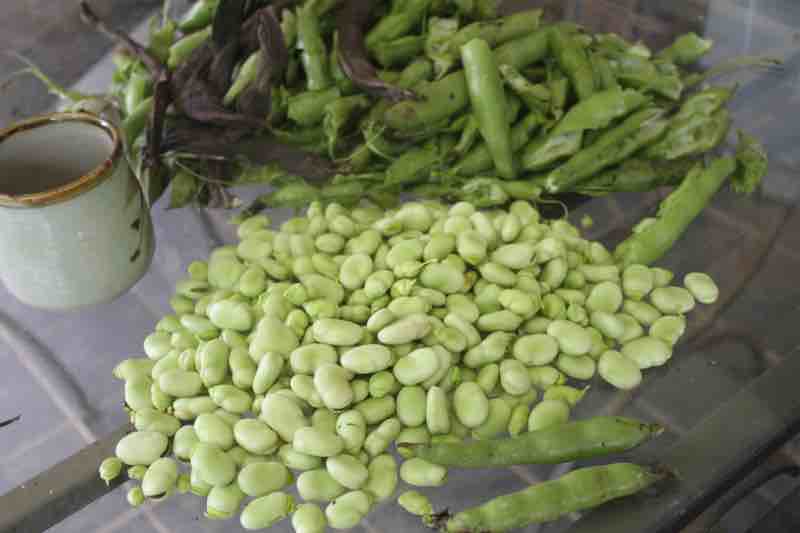
- Community at the heart of hunger struggle in SA
- Reservoir of knowledge
- Modified Banting diet. Web: https://tinyurl.com/2p85hj56
When browsing use right click and "Open Link in New Tab" or you may get a bad gateway signal.
What is the definition of hunger?
What is perhaps strange is that obese people usually feel constantly hungry. They choose foods that do not provide satiety; which do not stimulate the glands in the stomach and small intestine that produce the "incretin hormones." There are serious deficiencies of fibre, minerals and vitamins; and many phytonutrients like beta-carotene for example.
Those experiencing this "fake hunger" frequently suffer from Fatty Pancreas, a serious debilitating disease that is often fatal.
In sharp contrast true hunger is about a serious lack of good food. Protein deficiency is common causing frank or borderline kwashiorkor. Essential fatty acids and many micronutrients are missing. Millions of small children die every year of the diseases associated with starvation; in particular vitamin A.
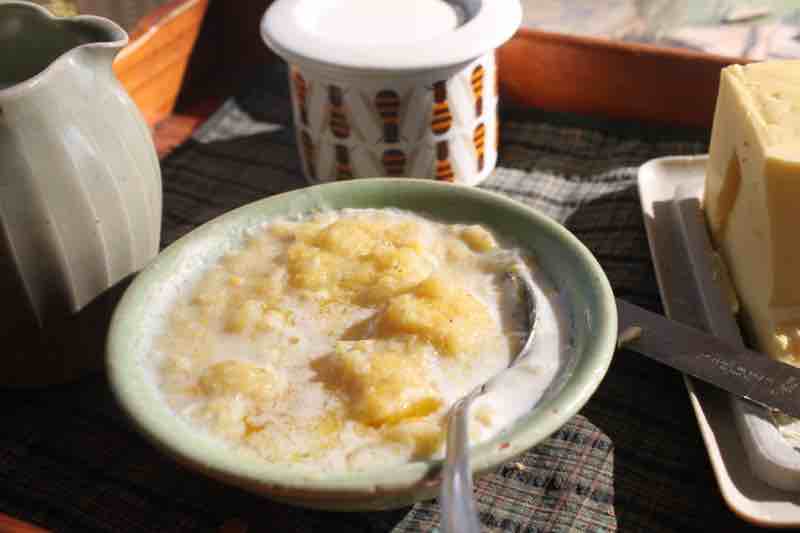
The material expressed on this page is gleaned from the nutritional and environmental literature; it is clearly referenced. A plain distinction is made between the author's opinion and that which is scientifically proven. When in doubt consult your health professional.
To suggest a correction or clarification, write to Dr Bernard Preston here. Contact.
Newsletter
Our newsletter is entitled "create a cyan zone" at your home, preserving both yourself and Mother Earth for future generations; and the family too, of course. We promise not to spam you with daily emails promoting various products. You may get an occasional nudge to buy one of my books.
Here are the back issues.
- Lifestyle and ideal body weight
- What are ultra-processed foods?
- Investing in long-term health
- Diseases from plastic exposure
- Intensive lifestyle management for obesity has limited value
- A world largely devoid of Parkinson's Disease
- The impact of friendly bacteria in the tum on the prevention of cancer
- There's a hole in the bucket
- Everyone is talking about weight loss drugs
- Pull the sweet tooth
- If you suffer from heartburn plant a susu
- Refined maize meal and stunting
- Should agriculture and industry get priority for water and electricity?
- Nature is calling
- Mill your own flour
- Bake your own sourdough bread
- Microplastics from our water
- Alternative types of water storage
- Wear your clothes out
- Comfort foods
- Create a bee-friendly environment
- Go to bed slightly hungry
- Keep bees
- Blue zone folk are religious
- Reduce plastic waste
- Family is important
- What can go in compost?
- Grow broad beans for longevity
- Harvest and store sunshine
- Blue zone exercise
- Harvest and store your rainwater
- Create a cyan zone at your home
Did you find this page interesting? How about forwarding it to a friendly book or food junkie? Better still, a social media tick would help.
- Homepage
- Our green garden
- Lets Talk About Hunger
Address:
56 Groenekloof Rd,
Hilton, KZN
South Africa
Website:
https://www.bernard-preston.com